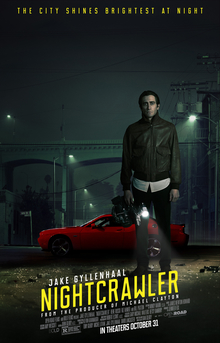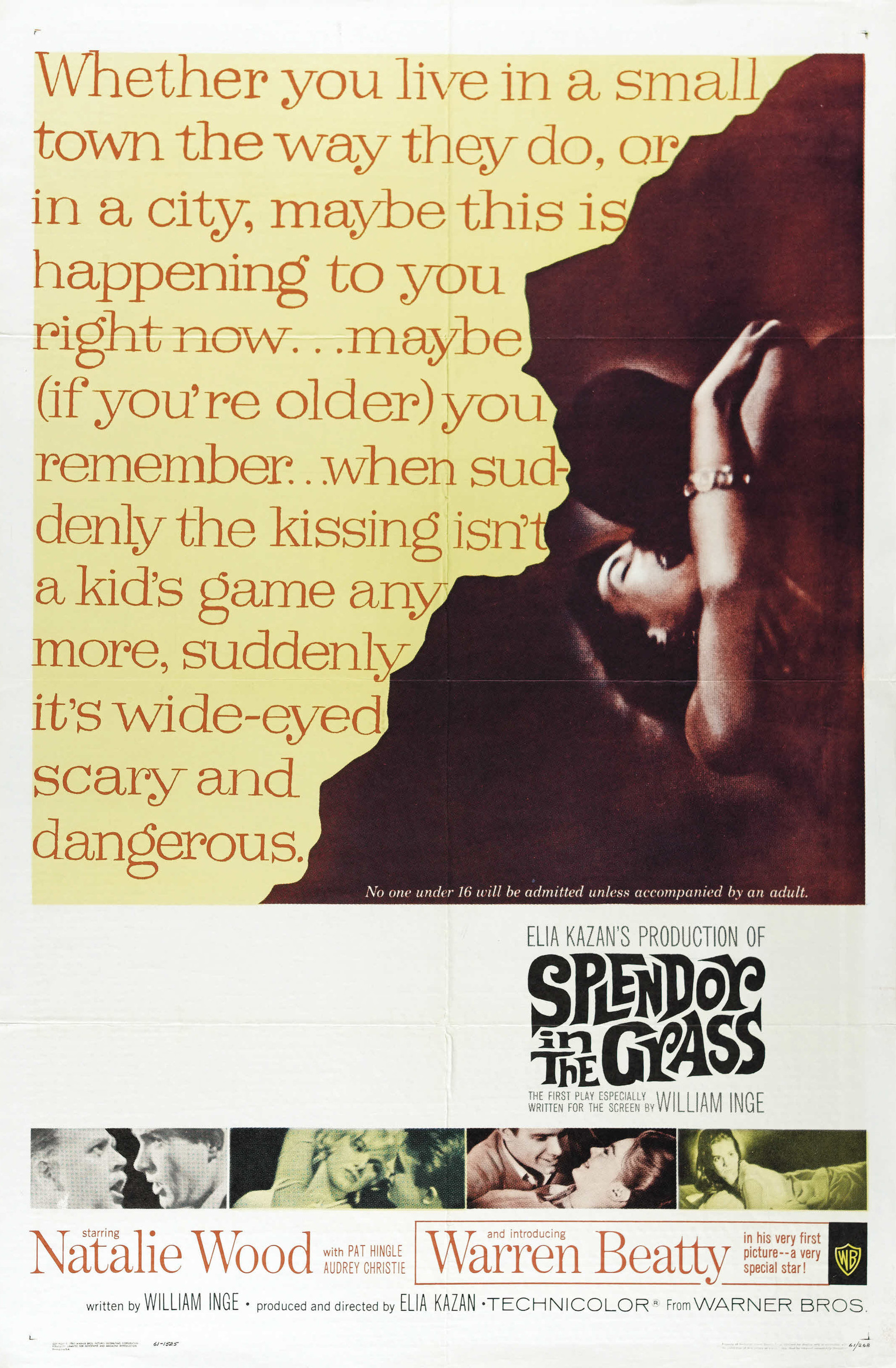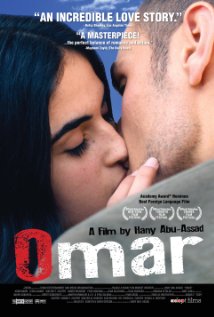 |
| Vlad Ivanov, Anamaria Marinca, and Laura Vasiliu in 4 Months, 3 Weeks and 2 Days |
Gabita: Laura Vasiliu
Mr. Bebe: Vlad Ivanov
Adi: Alexandru Potocean
Adi's Mother: Luminita Gheorghiu
Adi's Father: Adi Carauleanu
Director: Cristian Mungiu
Screenplay: Cristian Mungiu
Cinematography: Oleg Mutu
A harrowing, brilliant film, 4 Months, 3 Weeks and 2 Days is set in 1987 Romania, during the final years of the Ceausescu regime. Gabita, a student, wants an abortion, illegal in Romania, so she prevails on her roommate in a university dormitory, Otilia, to help her. But Gabita is so deeply sunk in denial that she's incapable of doing much more than ask for help: It's up to Otilia to do most of the planning and strategy after Gabita has telephoned the abortionist, a Mr. Bebe, to make the initial arrangements. Otilia even borrows money from her boyfriend, Adi, to help Gabita, and when the day arrives, she has been persuaded by Gabita to meet with Bebe and to go to the hotel room Gabita has supposedly reserved. Otilia has to bear the brunt of Bebe's scorn and bullying when he finds he is dealing with an intermediary. The hotel has no record of Gabita's reservation, and Otilia is forced to find a room in another hotel, every time encountering resistance and hostility, plus additional charges, from the hotels. Director Cristian Mungiu, who also wrote the screenplay, finds a tone halfway between Dickens and Kafka in his portrayal of bureaucratic indifference. Moreover, when Gabita finally arrives for the abortion, having characteristically forgotten the plastic sheet she was supposed to bring, we find that her capacity for denial extends to how far advanced her pregnancy really is: She had told Otilia that it has been three months since her period, but Bebe forces her to admit that it has been almost five -- hence the film's title. He demands more money, and when the women are unable to come up with it, he agrees to proceed if they will have sex with him. Mungiu uses long takes, carefully framed without camera movement or cuts, to set up this sordid tale, and the performances by Marinca, Vasilu, and Ivanov are equal to the demands of what amounts almost to filmed theater. After Bebe has performed the procedure and left, while Gabita is waiting to expel the fetus, Otilia leaves for a while, having agreed to attend a birthday dinner for Adi's mother. Once again, Mungiu uses a long take at the dinner table, where the guests, friends of Adi's parents, chatter on inconsequentially as Otilia sits there virtually silent, though obviously anxious about Gabita's plight, as well as feeling guilty about having sex with Bebe. It's to Mungiu's great credit -- not to mention Marinca's -- that he does nothing to communicate this subtext to the scene, other than allow the banality of the dinner table talk to make us focus on Marinca's face and to project our own uneasiness about the situation onto her. Mungiu also contrasts his long, still takes with long tracking shots filmed with a handheld camera as, later, Otilia hurries through the nighttime streets looking for a place to dispose of the fetus. It's undeniably an unpleasant story, but it's also a haunting one, given great resonance by the skillful characterization of the script and its performers and the superb cinematic technique of its director. In the recent BBC poll of film critics to name the best film of the 21st century, 4 Months, 3 Weeks and 2 Days came in at No. 15. I might have placed it higher.
_poster.jpg)







